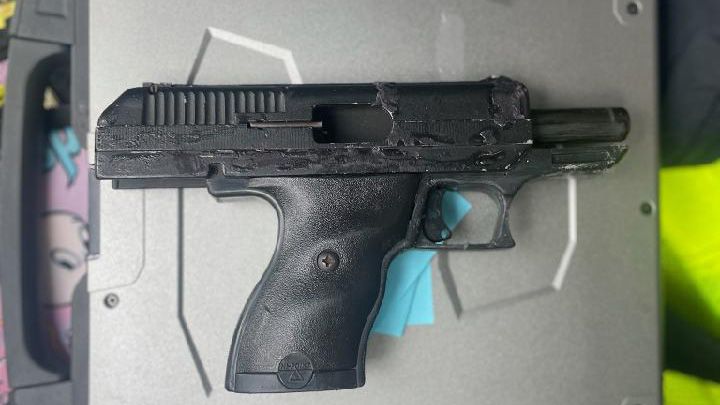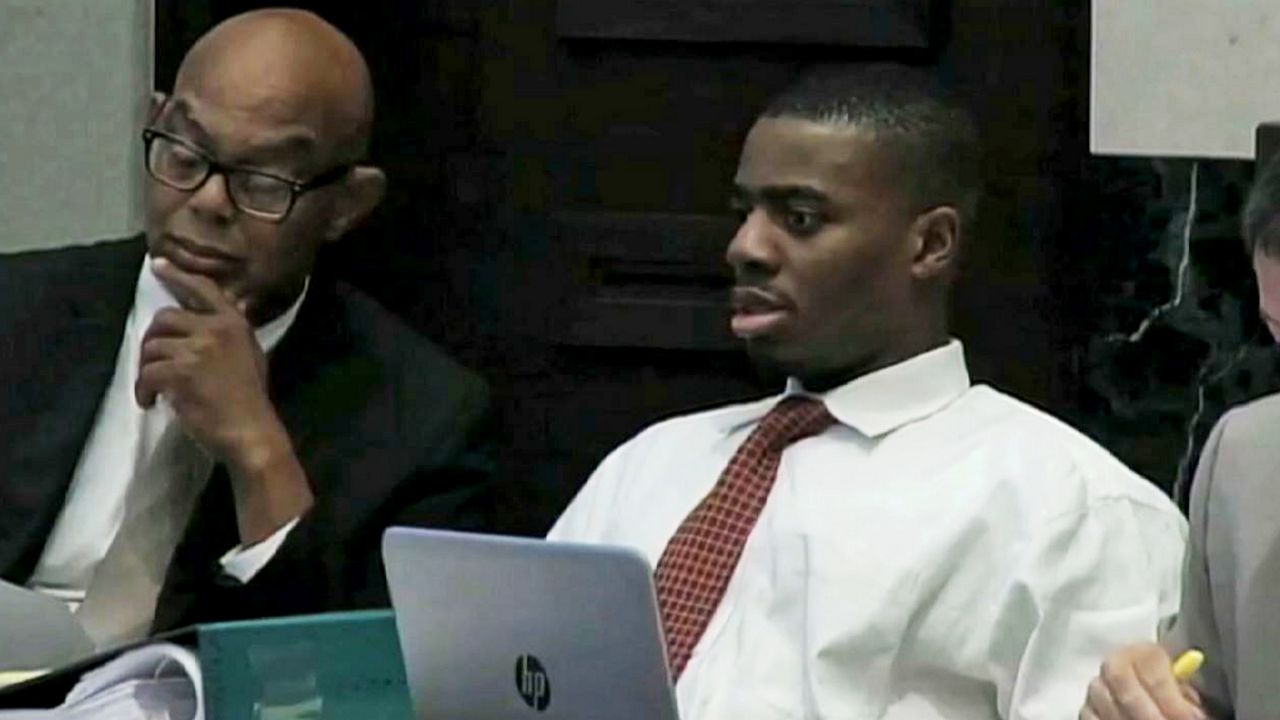ORLANDO, Fla. — Following a policy disagreement over officer body cameras, the Orlando Police Department is no longer working with the U.S. Marshals Florida Caribbean Regional Fugitive Task Force.
What You Need To Know
- The Orlando Police Department is no longer working with the U.S. Marshals Florida Caribbean Regional Fugitive Task Force
- OPD Chief Orlando Rolon said the departure was caused by a disagreement over officer-worn body cameras
- The U.S. Marshals Florida Regional Fugitive Task Force said OPD departed on amicable terms and they hope the relationship can be revisited in the future
Earlier this week, the U.S. Deputy Attorney General issued a memorandum requiring agents and officers with the U.S. Marshals Service be equipped with body worn cameras. Previously Orlando Police officers on U.S. Marshals task force were already permitted to use body worn cameras.
OPD Chief Orlando Rolon said the U.S. Marshals won’t give up ownership of body worn camera video taken by OPD officers on that task force.
“The way that theirs is structured is if you signed on as part of their task force, they are now the authority over the release of the video and we couldn’t do that.”
Rolon said the policy could create problems in a time when his department is focusing on transparency.
“Unfortunately, we could not reach an agreement with the U.S. Marshals Office where if our officers wearing body worn cameras were involved in an incident that we would then release the information per our policy," he said. "They technically wanted us to follow theirs.”
While Rolon said his department still partners with the agency to apprehend dangerous fugitives, they won’t work together on special task forces, pointing to the recent apprehension of an Orlando homicide suspect by the U.S. Marshals and Vegas Police in Nevada.
According to the Department of Justice, “all task force officer body worn camera recordings made during federal task force operations ... shall be deemed federal records of the Department and the federal agency sponsoring the task force”
Rolon said his officers won’t work on U.S. Marshals task force until a change in body worn camera policy happens.
“Unless the U.S. Marshals, the federal government, adopts the types of policies that we have, which are more likely to allow us to release the information quicker … until then we will not be able to engage in a mutual memorandum of understanding when it comes to our officers,” he said.
When asked if this will impact OPD’s fugitive unit tracking down suspects Rolon said: “I do not think so and here is the reason why: Our fugitive unit will continue to work within the boundaries of what is allowed here in our city and in partnership with the Orange County Sheriff’s Office. When it comes to the state level or the federal level, the only difference will be that we will have to make a couple of more phone calls instead of just communicating that with our task force.”
The U.S. Marshals Florida Regional Fugitive Task Force sent a statement saying in part they “parted on great terms and hope to revisit the relationship in the future.”









